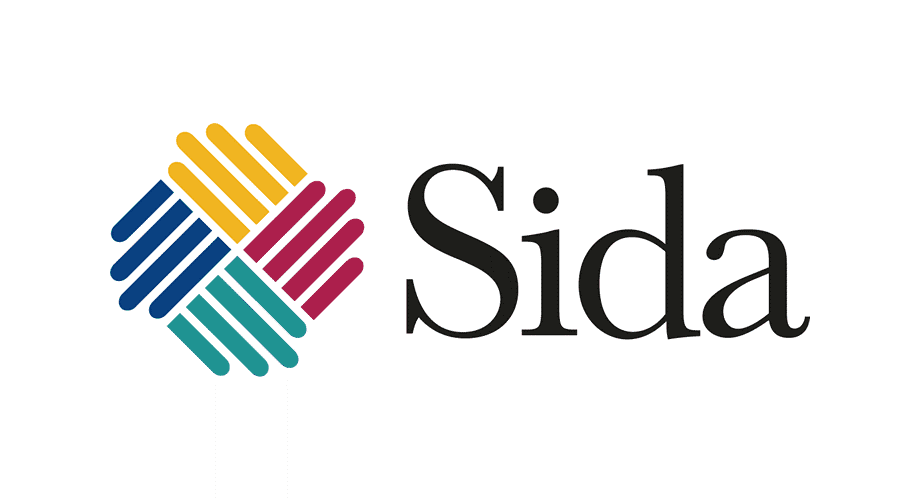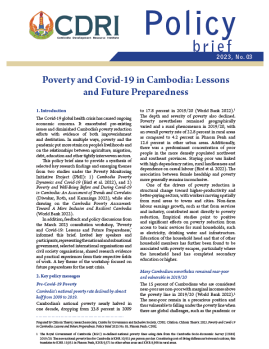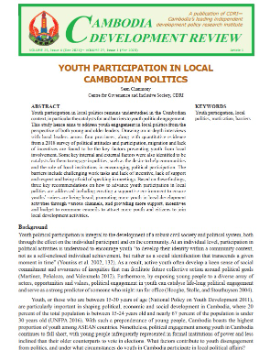Local Leadership in Cambodia
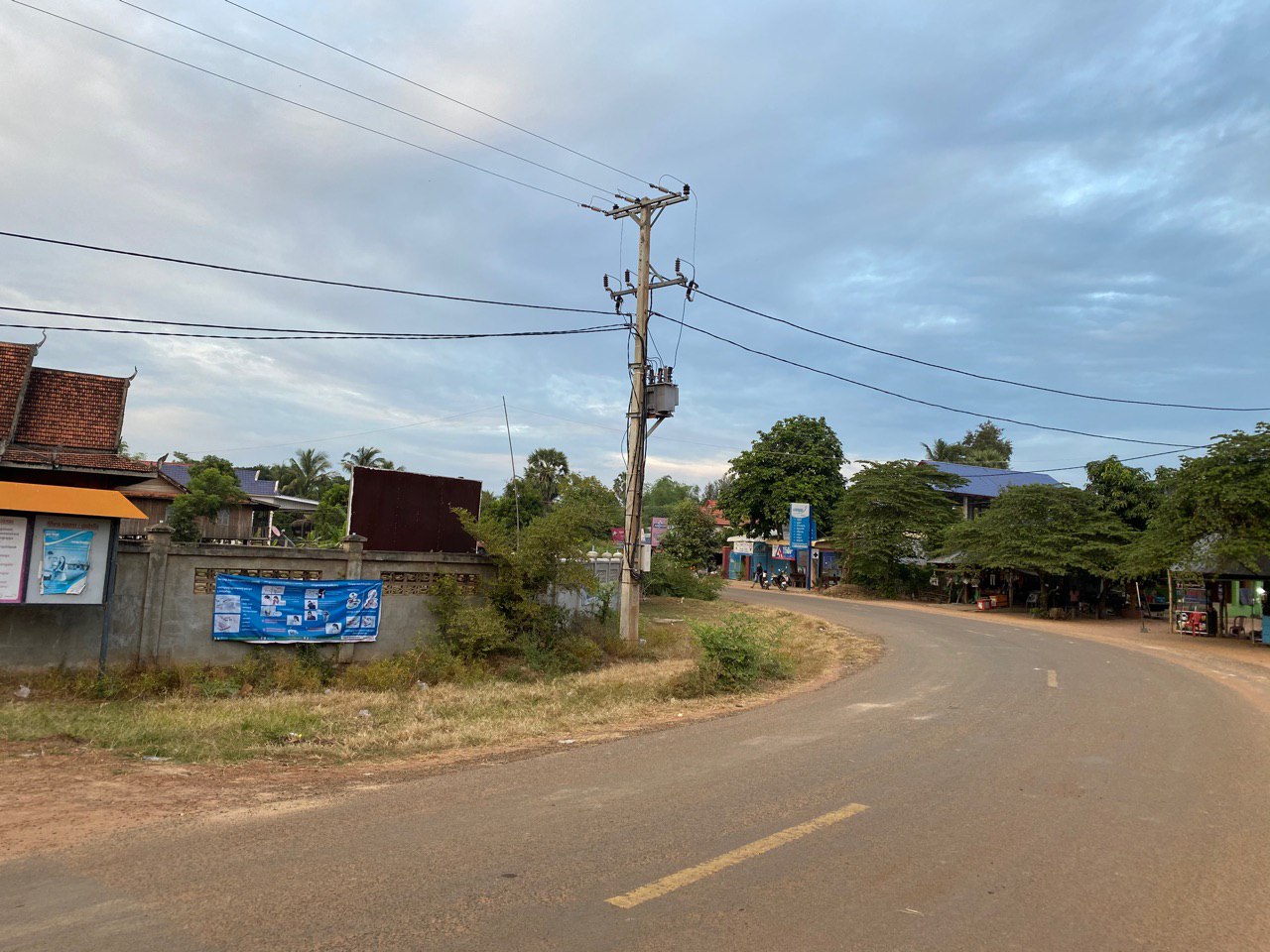
Since the end of the war, Cambodia has undergone significant social, economic and demographic change as well as governance reform. In 2002, the first local elections of the post-war era elected local government councils. This study repeats an ethnographic study previously conducted by CDRI in some Cambodian communes in 2007, to establish how leadership in rural Cambodia has changed in the intervening 12 years.
The previous study found that commune leaders had been in position since the early 1980s and we expect that generational change will have taken place. This may reflect broader socio-economic and political changes in Cambodia, including rapid private sector expansion, increased presence of NGOs in rural areas, and dramatic widening of access to information via internet and social media. Further governance reform since 2007 has redirected power away from communes to the district level of government, one level up.
The ethnographic approach of the repeat study will permit attention to how these dynamics have affected the types of leaders found, attitudes of villagers towards them, and their own leadership styles and strategies. It will also fill a gap in the previous study by examining the views of young people (aged 18-30), who comprise a third of the population, but whom recent CDRI survey suggests have not been actively engaged in local governance.
Project Objective
The research
contributes to understanding how and why attitudes to leadership change over
time in periods of economic transformation. It will provide important
context-specific findings to inform government and non-government strategies
for improving the quality of democracy and political engagement at local level
in Cambodia.
Project Members
Publications
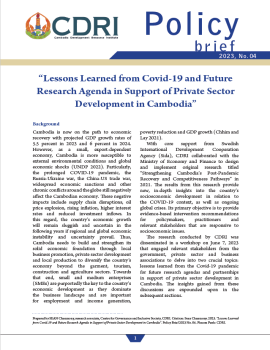
Lesson Learned from Covid-19 and Future Research Agenda in Support of Private Sector Development in Cambodia
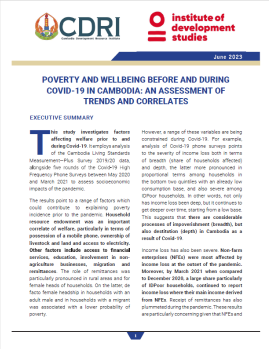
Poverty and Wellbeing Before and During Covid-19 in Cambodia: An Assessment of Trends and Correlates
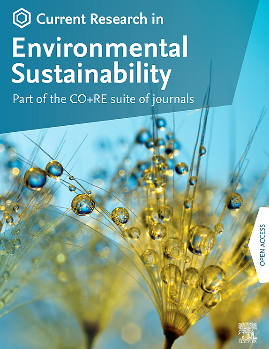
Do Climate Uncertainties Trigger Farmers’ Out-migration in the Lower Mekong Region?
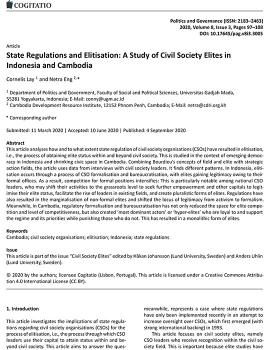
State Regulations and Elitisation: A Study of Civil Society Elites in Indonesia and Cambodia
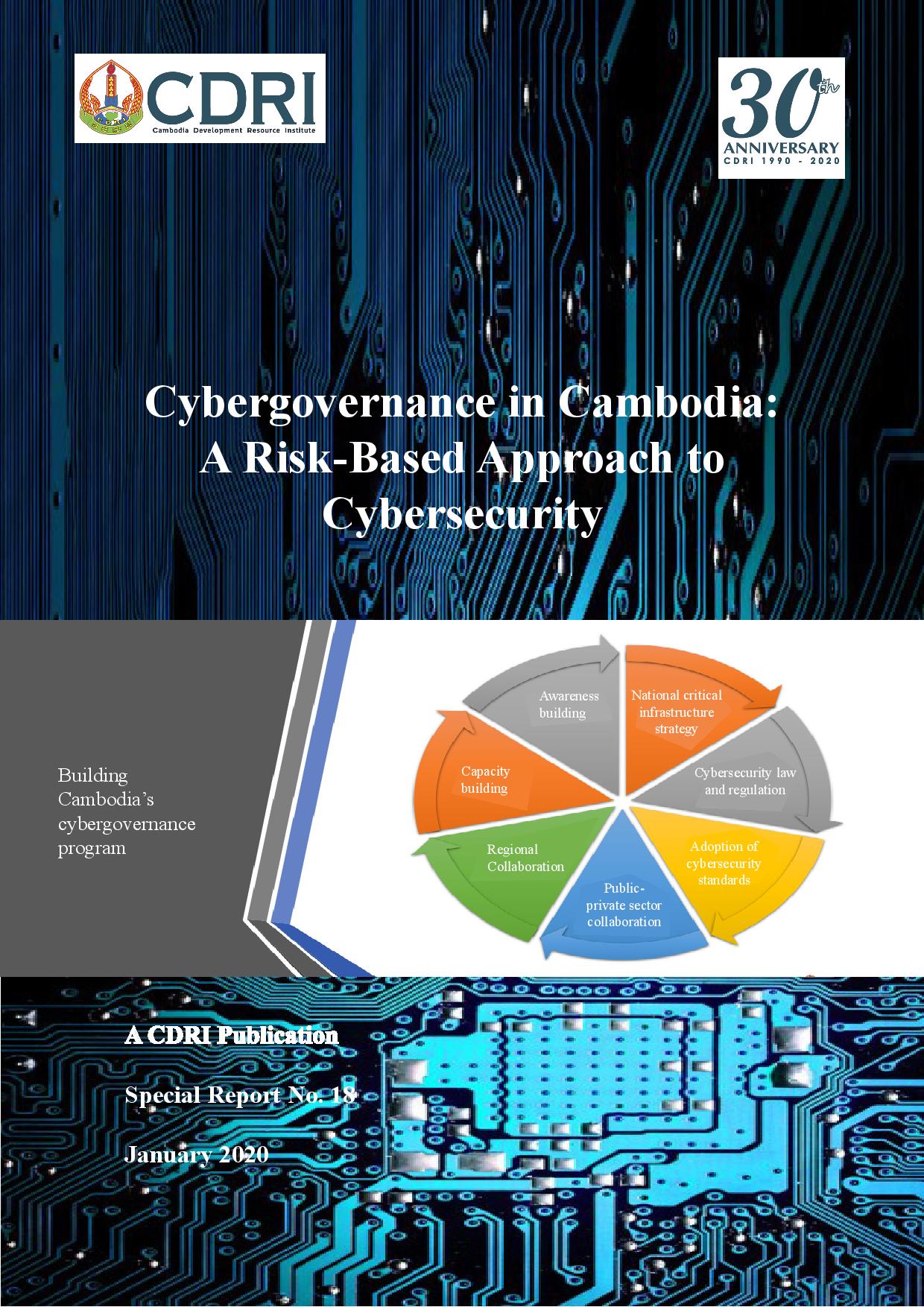
Cybergovernance in Cambodia: A Risk-Based Approach to Cybersecurity
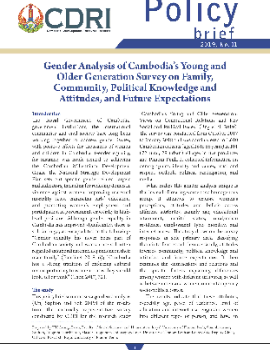
Gender Analysis of Cambodia’s Young and Older Generation Survey on Family, Community, Political Knowledge and Attitudes, and Futu...
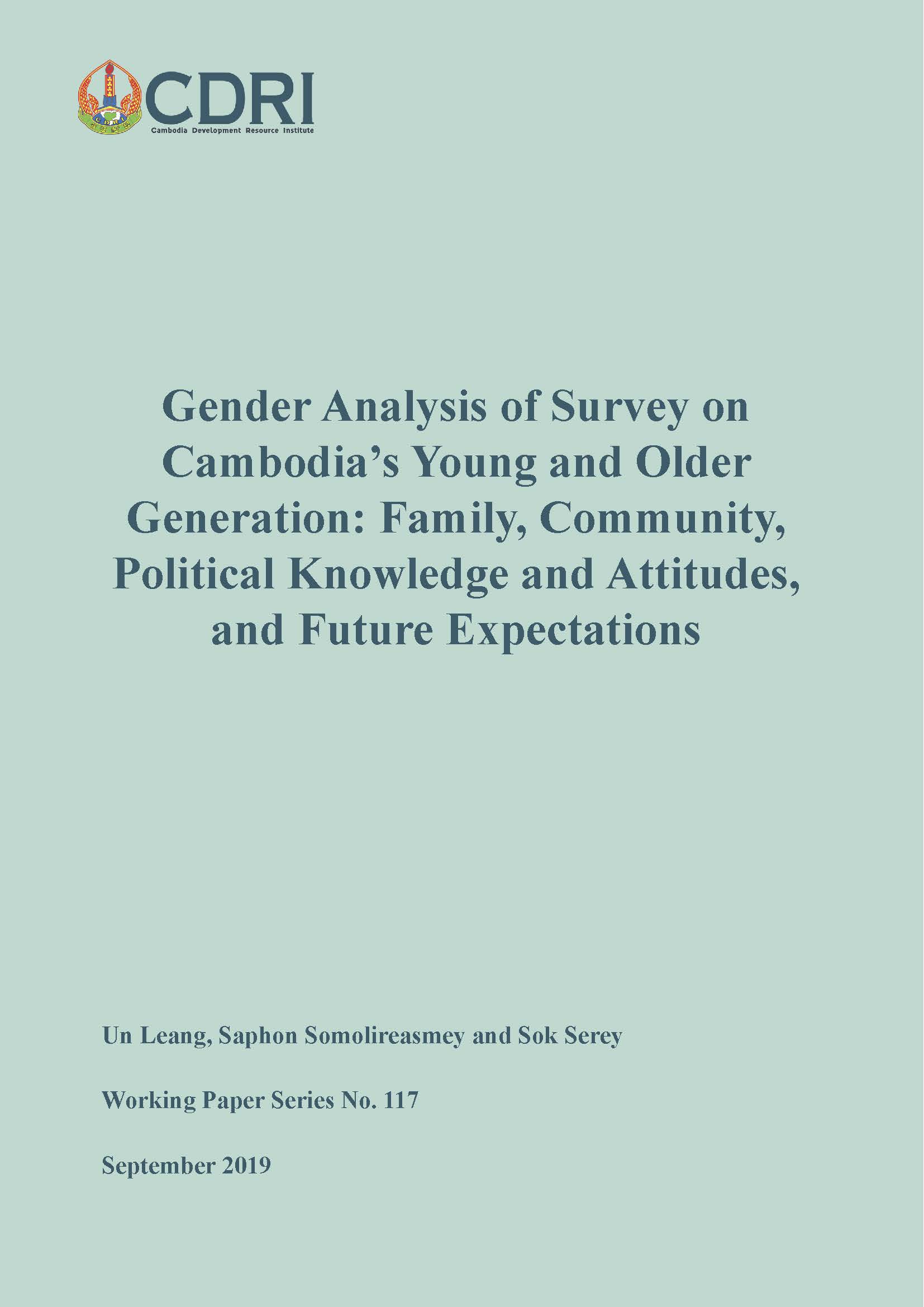
Gender Analysis of Survey on Cambodia’s Young and Older Generation: Family, Community, Political Knowledge and Attitudes, and Futu...
Other Projects
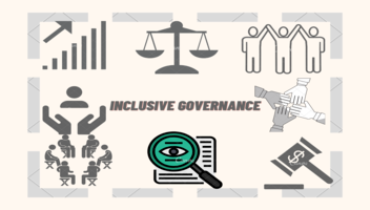
Building Capacities for Civic Engagement, Peacebui...
Over the past two decades, Cambodia has made significant economic progress, with growth being over 7%. The opportunity exists to underpin th...
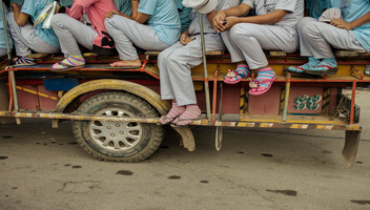
Social Protection and the Gendered Impacts of COVI...
COVID-19 pandemic has caused severe disruption of the global garment industry such as manufacturing shutdowns, consumer lockdowns, order can...
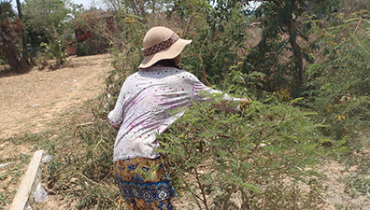
Focusing a Gendered Lens on Climate Resilience, Cr...
This project is cutting-edge research with innovative that addresses cross-cut topics and disciplines in developing holistic interventions...
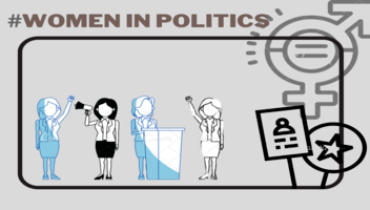
Barriers and Pathways to Women's Political Partici...
Women’s participation in politics has been an issue that remains to be addressed in order to achieve gender equality around the world. In As...




